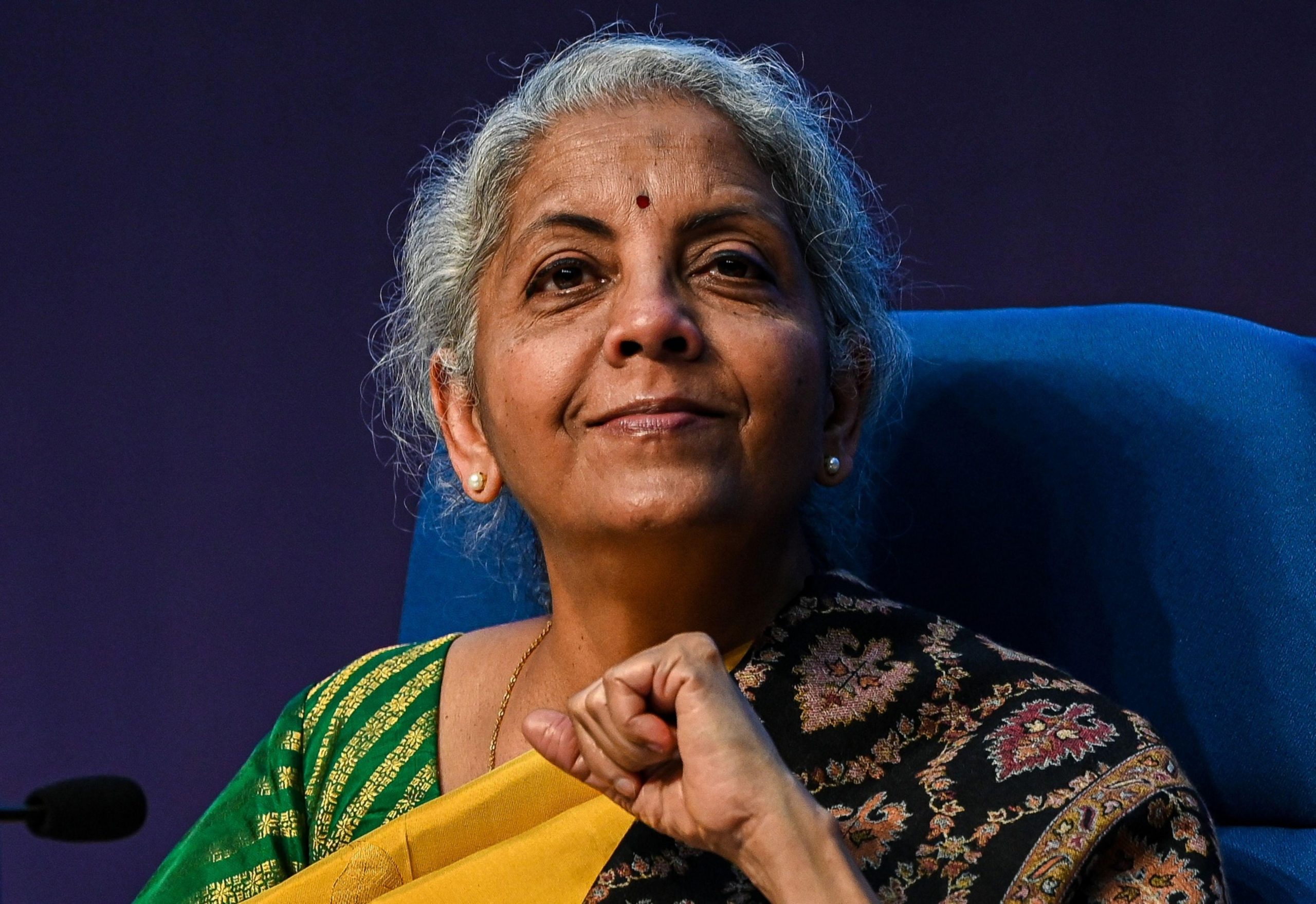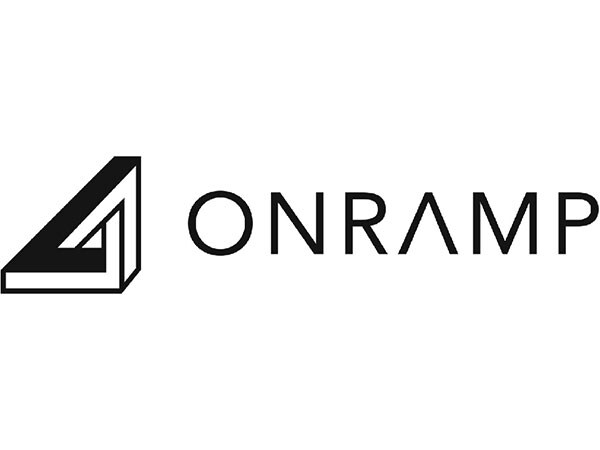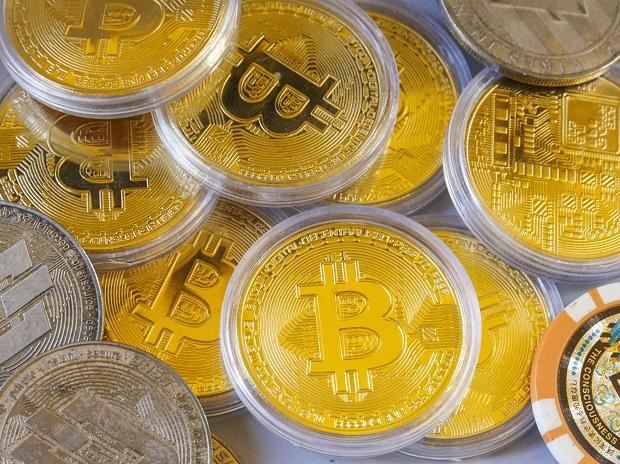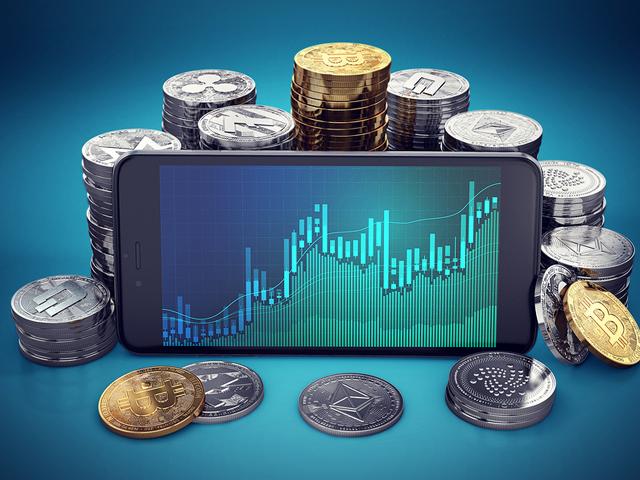Sitharaman said that the World Trade Organisation (WTO) needs to be more progressive and must give space to countries that have something different to say. She also said that India wants globalisation to be more transparent.
While talking at the Peterson Institute for International Economics, Sitharaman said that India is in talks with UK, European Union and Canada for free trade agreements (FTAs). She said FTAs are being signed in “faster” way nowadays and that the India-UK FTA negotiations are “going on as we speak.”
On globalisation
“It’s not to say that we have to reverse the benefits of globalisation. It is more to say, make globalization more transparent,” she said in response to a question.
“So, Indians have always had this difficulty in having to come back to producing certain things which are your day-to-day domestic necessities, but you are unable to produce because you find cheaper imports coming or the very same requirement. But now we’ve seen that there is an opportunity which lies, one from the consumer point of view, that even within India, there’s enough purchasing power. And many of these goods which can be produced in India will have a definitive large consumer base within the country,” she added.
On cryptocurrency
“Given so many collapses and shocks in cryptocurrencies. We seek to develop a common framework for all countries to deal with this matter,” she said in a roundtable meeting on the theme ‘Investment opportunities for the long term: India on the Rise’ with business leaders and investors.
The finance minister also highlighted India’s robust digital public infrastructure such as Open Network for Digital Commerce (ONDC) and Account Aggregator platform, which have enabled small entrepreneurs to access credit and other digital services.
Sitharaman exhorted the participants to become part of India’s exciting transformational journey towards greater prosperity, better standards of living for its citizens and higher returns for investors.
Sitharaman said India wants the WTO to be more progressive and listening to other countries. She asserted that the WTO needs to give more space to the countries which have something different to say and not just hear.
“I, fortunately, unfortunately spent some time with the WTO in my capacity as a commerce minister of India between 2014 and 2017. It has to give more space to hear voices of countries which have something different to say and not just hear, but also somewhat heed because today’s message for the WTO should be to have greater openness,” she added.
“It is true now, countries do look at it. It is a time when countries are looking at what extent to which you would want to have market liberalization. It has had cost repercussions for the US economy, and that’s exactly what the US Secretary Commerce has said. And if that’s something which the United States Commerce Secretary feels, I felt the same in 2014 and 2015. Probably my articulation was never getting a space in global media. But many of the global south countries do have the same feeling,” she said.
(With agency inputs)
Note:- (Not all news on the site expresses the point of view of the site, but we transmit this news automatically and translate it through programmatic technology on the site and not from a human editor. The content is auto-generated from a syndicated feed.))



